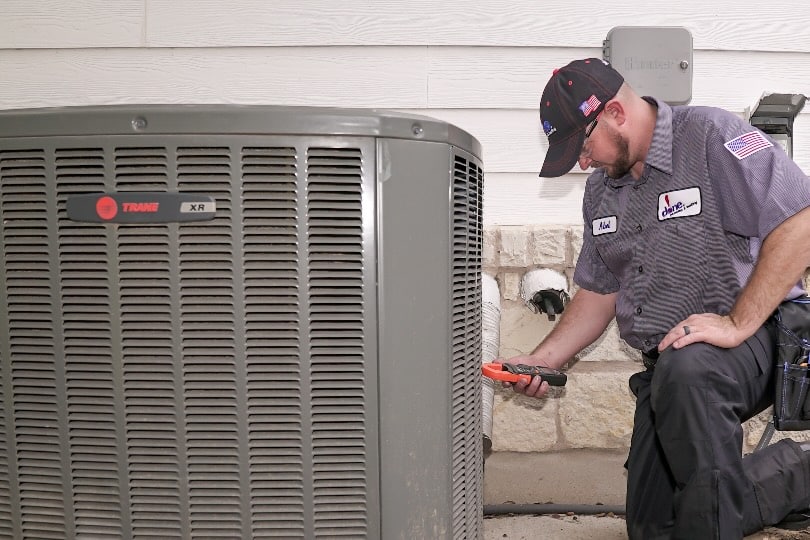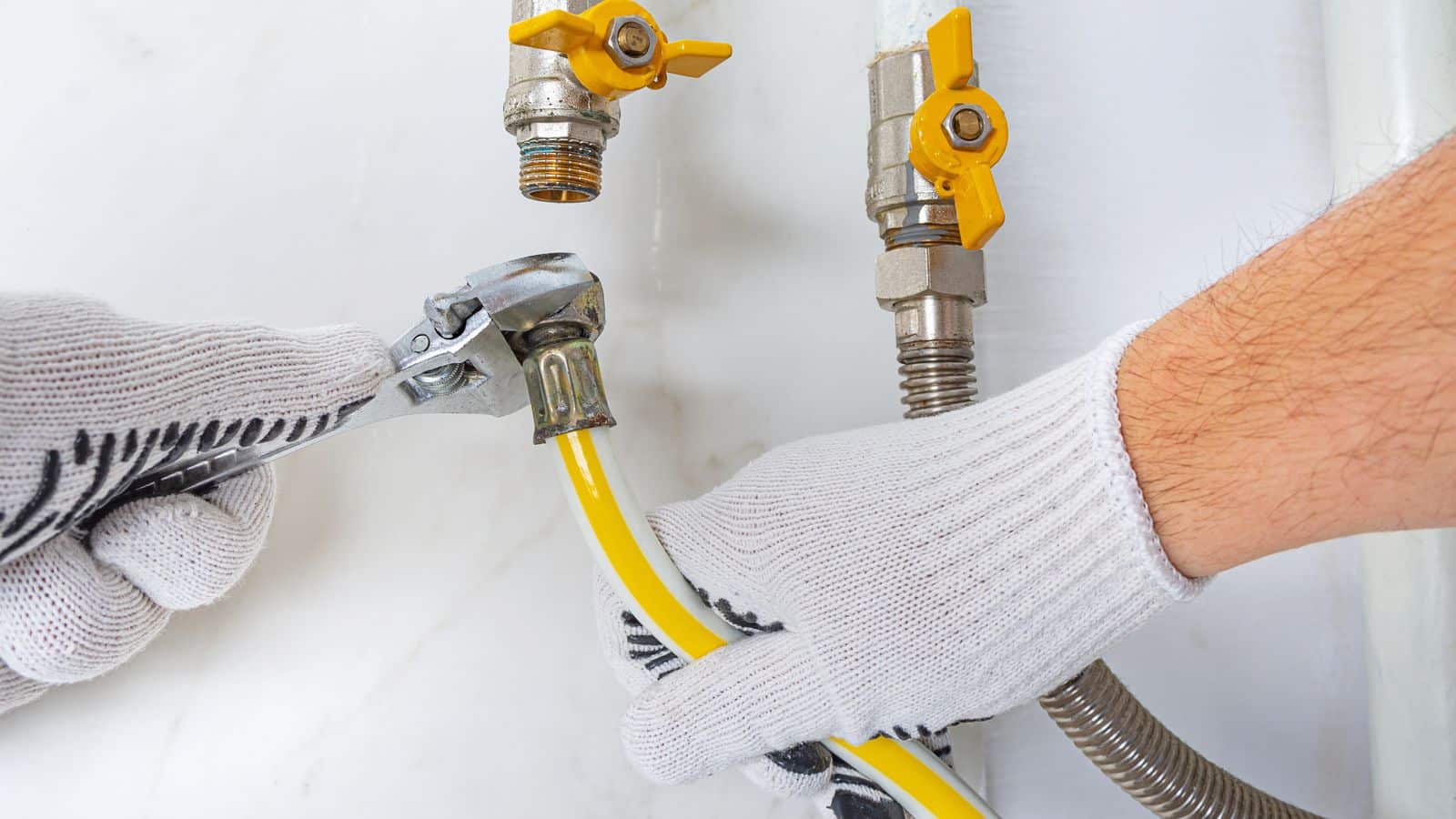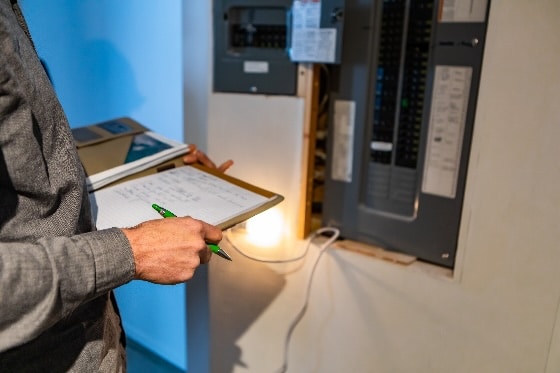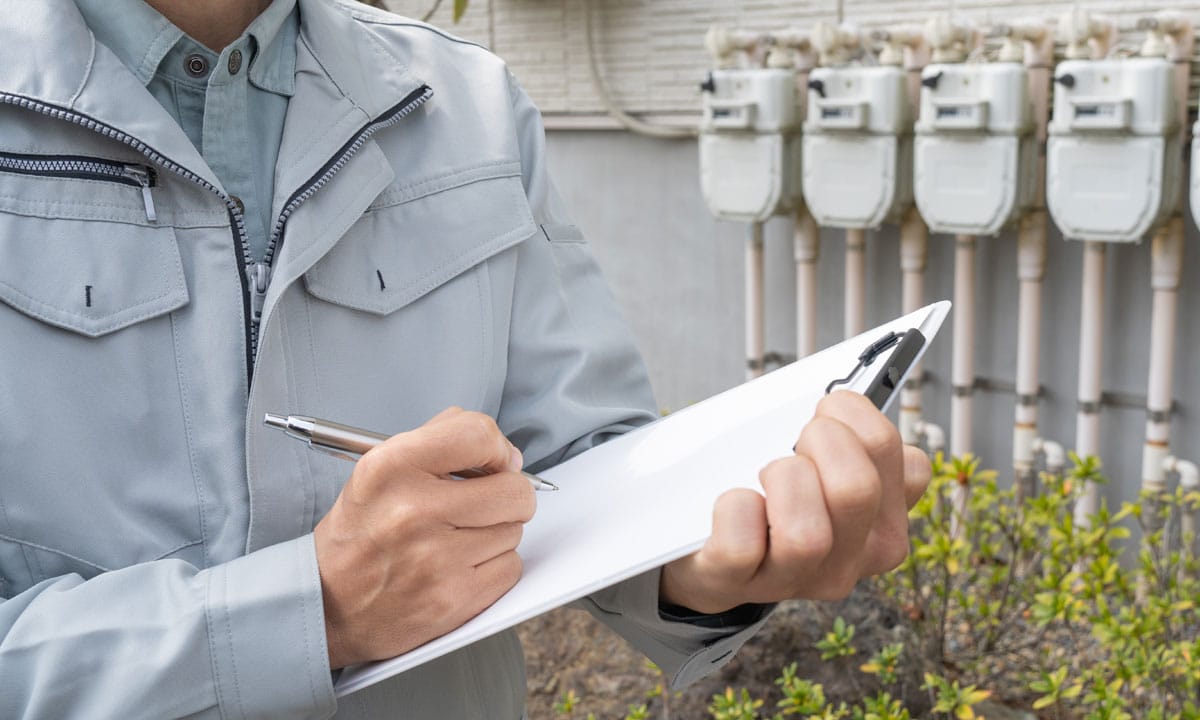Denver is notorious for its hard water issues. The plumbers at Done Plumbing, Heating, Cooling and Electric have helped thousands of homeowners across the city find the right balance of mineral content in their water. But, their first question to us is always – How do I know if I have hard water?
The first indication that you might have hard water in your home is the residue it leaves behind. Hard water is famous for leaving spots behind on otherwise clean dishes and a layer of film on appliances and fixtures that require water. Why does this happen? Well, there is a clear difference between hard and soft water. The answer lies within the mineral content of the water. The hardness level of the water is determined on the amount of minerals, which can place it somewhere in between moderate and extremely hard. Soft water has been treated to remove these potentially harmful minerals.
The Difference Between Hard & Soft Water
Mineral Content
The minerals in the water are what determine if it is hard or soft. Soft water only contains sodium because it has been treated. It is salty to the taste. Hard water, however, contains added minerals like chalk and lime. It mainly picks up calcium and magnesium as it absorbs it from soil and rocks. Left untreated, these minerals remain in our household water supply. Although both are safe to drink, hard water is tastier than soft water.
The Effects on Appliances, Pipes, and Fixtures
Hard water can wreak havoc on your pipes. The scale that builds up can cause clogs and other problems in the pipes over time. The minerals collect and cause blockages that are difficult to get rid of. As the water deposits harden in the pipes, they cause costly repairs surrounding leaks, which can also drive up your water bill.
Similarly, when hard water is filtered through a coffee pot, washing machine, or other household appliances, the minerals attach to the parts of the machine and cause added wear and tear on it that cause it to stop working prematurely. The harder the water is, the faster these appliances will break down and need to be replaced.
Hard water makes cleaning a challenge. It leaves behind a dirty film that is tough to get off. When used to wash dishes, it leaves spots on them. Over time the bathtub, sinks, and toilets appear to be dirty even after you’ve just cleaned them. It takes special cleansers to remove the film and restore the clean appearance they should have.
The Difference in Showering with Soft and Hard Water
While it is perfectly safe to shower with either type of water, you will notice a big difference between the two. Soft water makes it possible to create a nice lather with soap or shampoo and it rinses clean. Hard water, on the other hand, does not allow the soap to bubble up. Nor does it rinse clean. It leaves hair and skin looking dull and dry.
Treating Hard Water
Softening water can reduce the mineral concentration. Boiling it is an immediate solution that dissolves the minerals. A long-term solution usually involves a water softener system that uses chemicals to dissolve the minerals. Treating the hard water can prevent damage to the pipes in the home by reducing the mineral deposits. It can also make maintaining a clean home an easier task. Done Plumbing are the licensed and insured plumbing company to improve your home’s water quality. Contact us today and let us show you what cleaner water can feel like.










